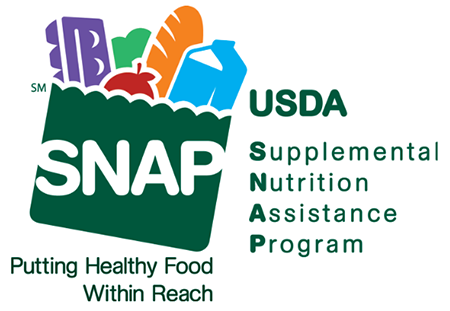NH SNAP-Ed is a Smart Investment in Our Seniors
As New Hampshire’s population ages, nearly 1 in 13 seniors face food insecurity, raising not only humanitarian concerns but also increasing healthcare costs associated with poor nutrition. The Supplemental Nutrition Assistance Program Education (SNAP-Ed) is a proven, cost-effective program addressing these challenges through improved food access, nutrition education, and wellness support.
In Nashua, SNAP-Ed has built a comprehensive support system serving over 100 low-income seniors across four senior housing sites:
- Monthly Food Distribution: For over five years, a SNAP-Ed educator has delivered pantry staples directly to seniors, eliminating barriers to food access.
- Nutrition & Wellness Programs: Seniors participate in cooking classes, evidence-based nutrition education, and Walk With Ease, a physical activity program that improves mobility and reduces chronic pain.
- Seasonal Produce Gleaning: During summer months, local farms donate fresh fruits and vegetables, which are then delivered directly to residents.
- Holiday Support: Community donations ensure over 50 seniors receive full Thanksgiving meals, while Christmas brings essentials like blankets, socks, and food gifts.
These multi-level strategies go beyond reducing food insecurity. They empower seniors to live healthier, more independent lives, and foster a stronger sense of community.
SNAP-Ed is not duplicative; it is essential. In NH, SNAP-Ed reaches the state’s most vulnerable seniors, strengthens community engagement, and delivers measurable health outcomes that make a lasting impact.
Check Out Our New Health & Well-Being Page
Our specialists help create healthy people and healthy places in New Hampshire.
Featured LINK
Mental Health Resources for New Hampshire - a printable county-specific guide to help New Hampshire residents find local, state, and national mental health resources.
The University of New Hampshire Extension is an equal opportunity educator and employer. UNH, U.S. Department of Agriculture, and New Hampshire counties cooperating. Direct inquiries to unh.civilrights@unh.edu. USDA this institution is an equal opportunity provider. The preparation of this document was financed under a contract with the State of New Hampshire, Department of Health and Human Services. This material was funded by USDA’s Supplemental Nutrition Assistance Program – SNAP.


